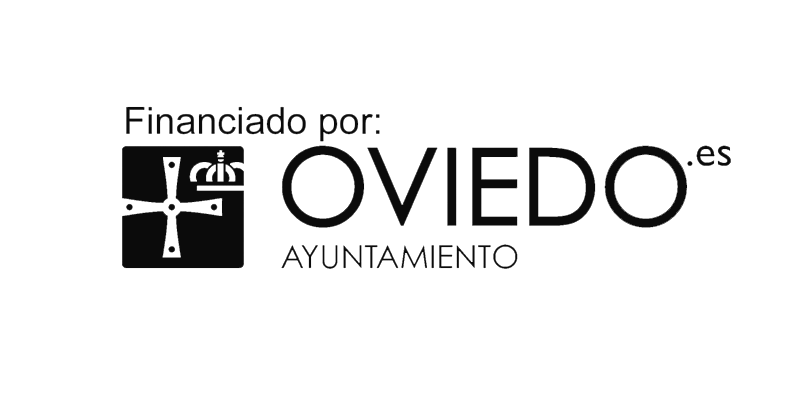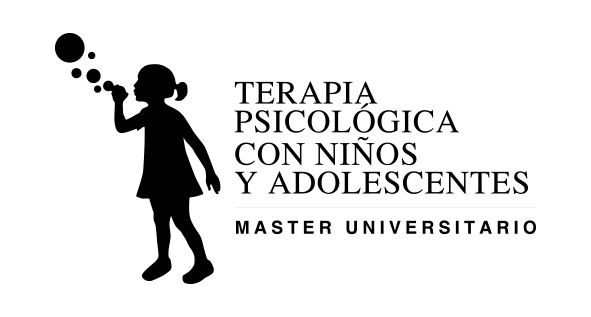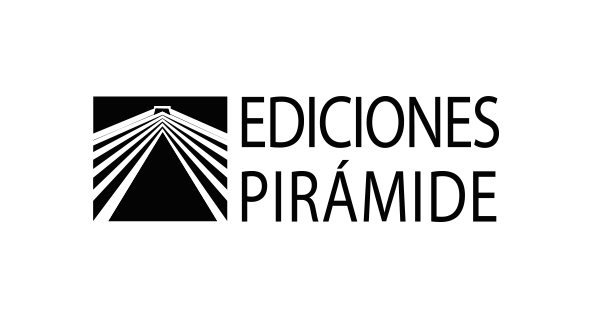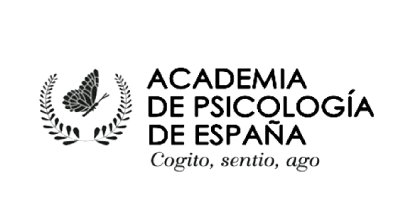Rita Francisco
Universidade Católica Portuguesa, Portugal
Be Well and Healthy teen project: from the grounds to the evaluation of an intervention program
Adolescents face various risks related to their physical and mental wellbeing, such as unhealthy eating or involvement in risky behaviors. This symposium presents the results of a research project developed in two stages. In the first stage, it was intended to understand associations prior to the behaviors that revealed social-emotional maladjustment and/or unhealthy lifestyle habits, focusing on a diverse set of risk/protective factors. Two papers present the results of this exploratory study developed with 723 adolescents (12-18 years old). Both studies show important relationships between internalising problems, externalising problems, emotional regulation difficulties, family conflict and poor wellbeing. Alcohol consumption is weakly correlated with externalising problems, but not with emotional regulation difficulties. Results also show the role of wellbeing as a mediator between emotional regulation difficulties, family environment and the perception of the relationship’s quality with parents and peers and the internalisation problems. In the second stage, we developed and evaluated a program to promote the wellbeing of adolescents in a school context in a systemic and integrative way, considering health education and promotion of socio-emotional skills. The third paper presents in detail the intervention program (#EntreViagenseAprendizagens), designed for 8th and 9th grade students and based on the results of the two previous studies. It consists of 10 dynamic group sessions, focusing on different dimensions (e.g., emotional regulation, communication, health literacy, relationship with family). The fourth paper presents the results of the evaluation of the intervention developed in two schools with 54 adolescents. We evaluate its impact on some dimensions, comparing pre- and post-intervention, and explore the perceptions of participants regarding the program. Quantitative results reveal improvements in some dimensions (e.g., higher emotional clarity, more consumption of soup), while qualitative results show high levels of participants’ satisfaction and identification of relevant outcomes (e.g., learning about oneself and others).
Rita Francisco has an Honours degree and a PhD in Psychology (specialization in Family Psychology), from the University of Lisbon. She is Assistant Professor at the Faculty of Human Sciences and Director of the CRC-W: Católica Research Centre for Psychological, Family and Social Wellbeing. She teaches at the undergraduate program in Psychology and in various graduate programs. She is currently coordinator of the Masters in Psychology of Wellbeing and Health Promotion. She has extensive experience supervising academic internships, masters and doctoral programs in the areas of Clinical Psychology and Family Psychology, namely at the Faculty of Psychology from University of Lisbon, where she has taught for several years. Her current research interests focus on various topics such as eating disorders, wellbeing and adjustment of adolescents in different social situations, military families, and on the impact of new technologies on family functioning. She has published in these areas in peer-reviewed journals. She has clinical experience in the contexts of individual and family therapy with adolescents and adults.













